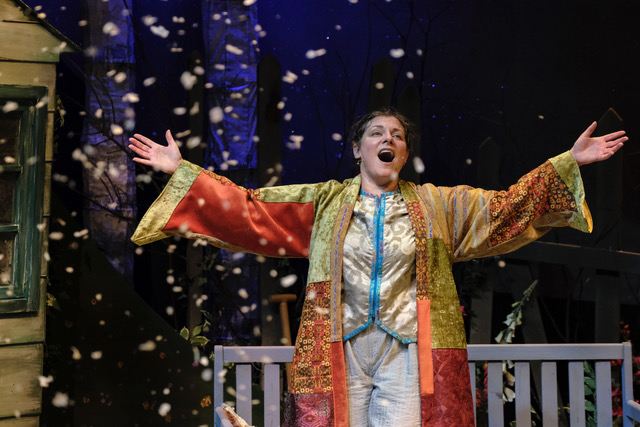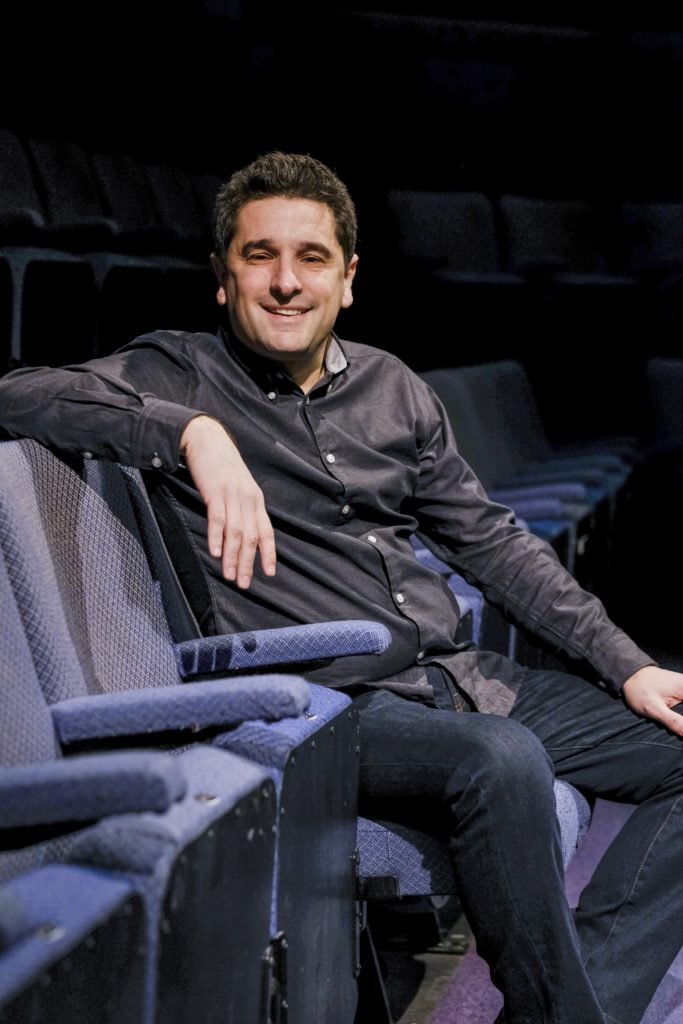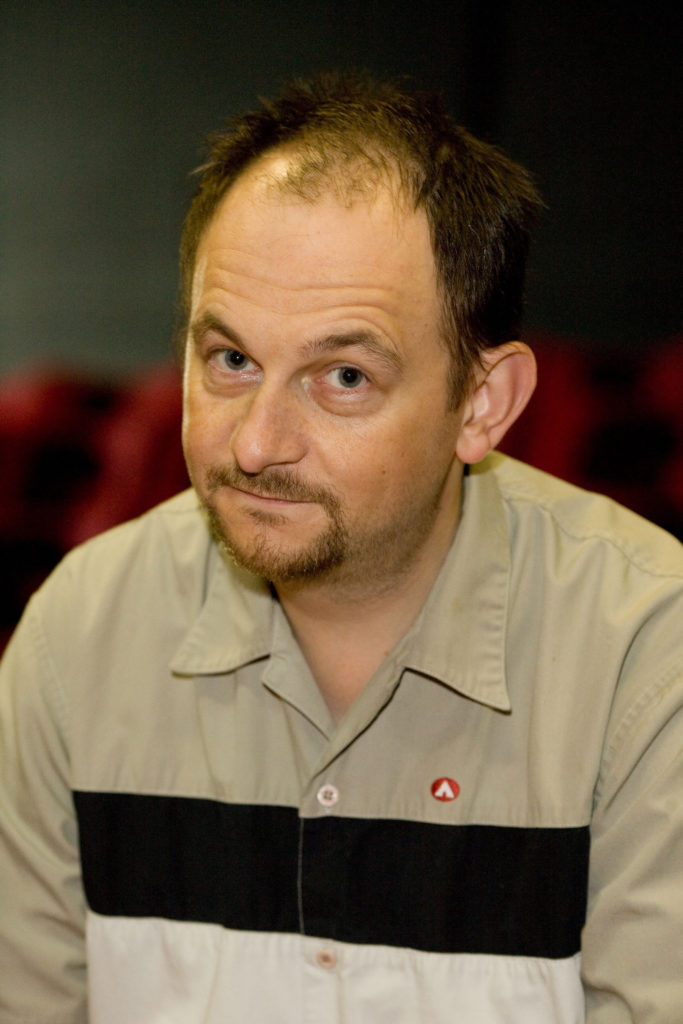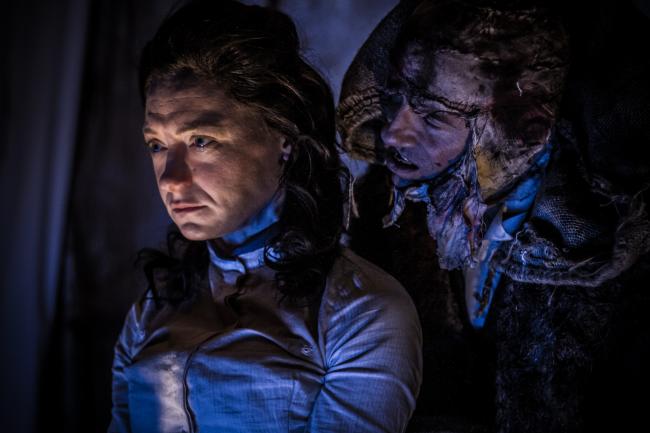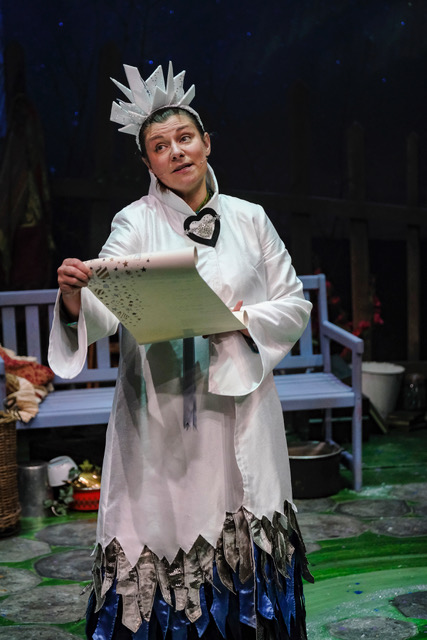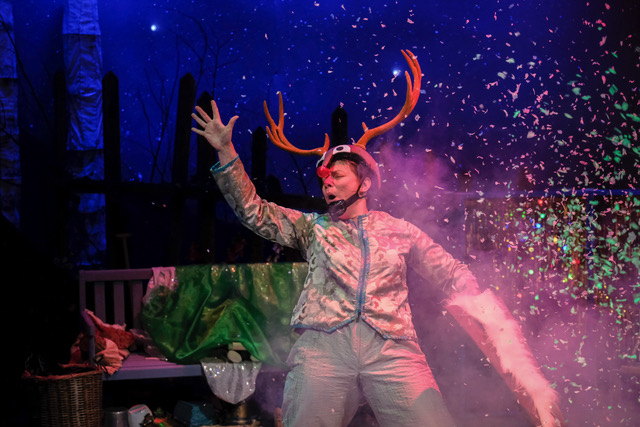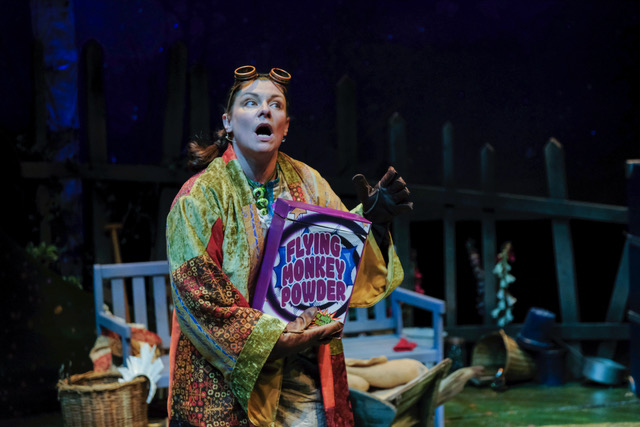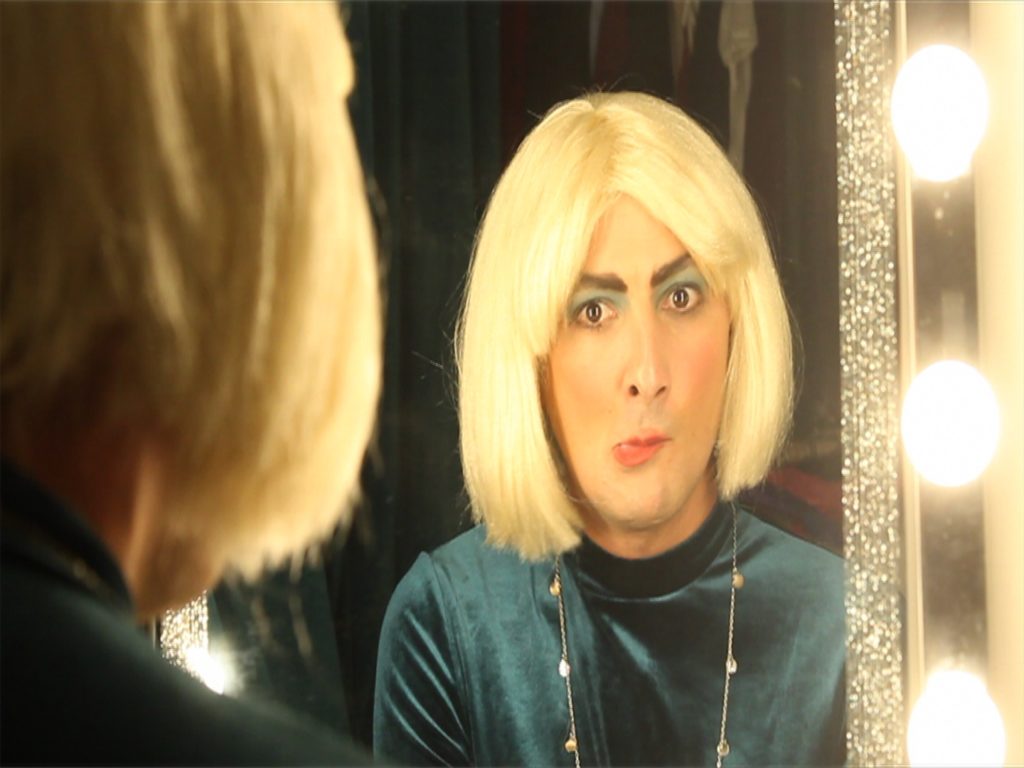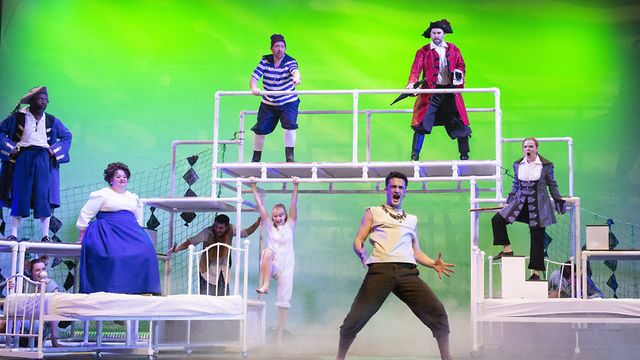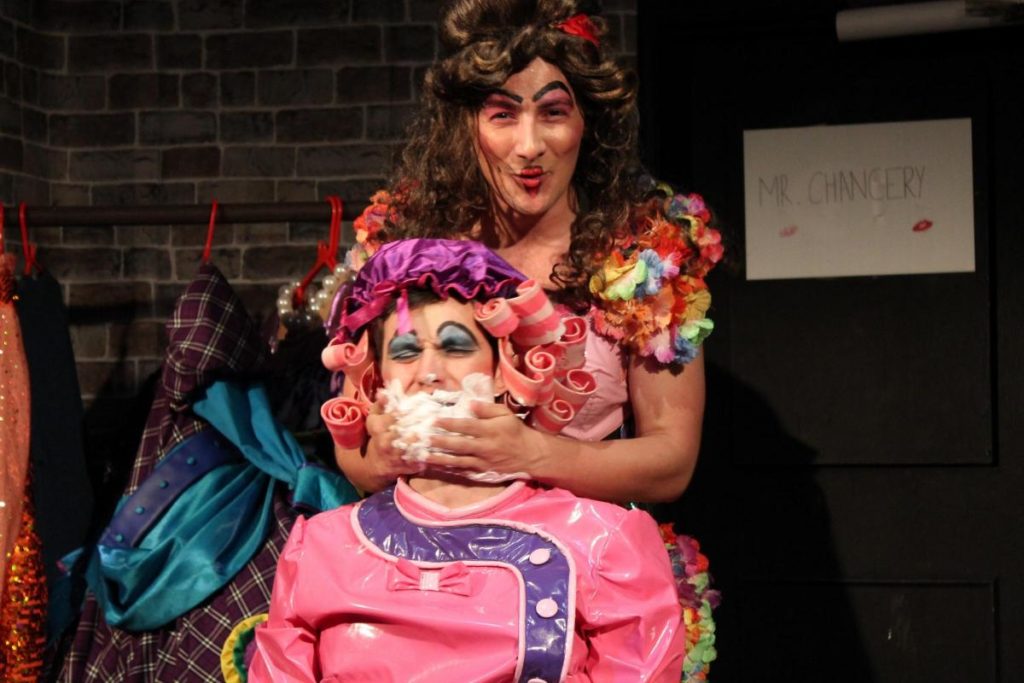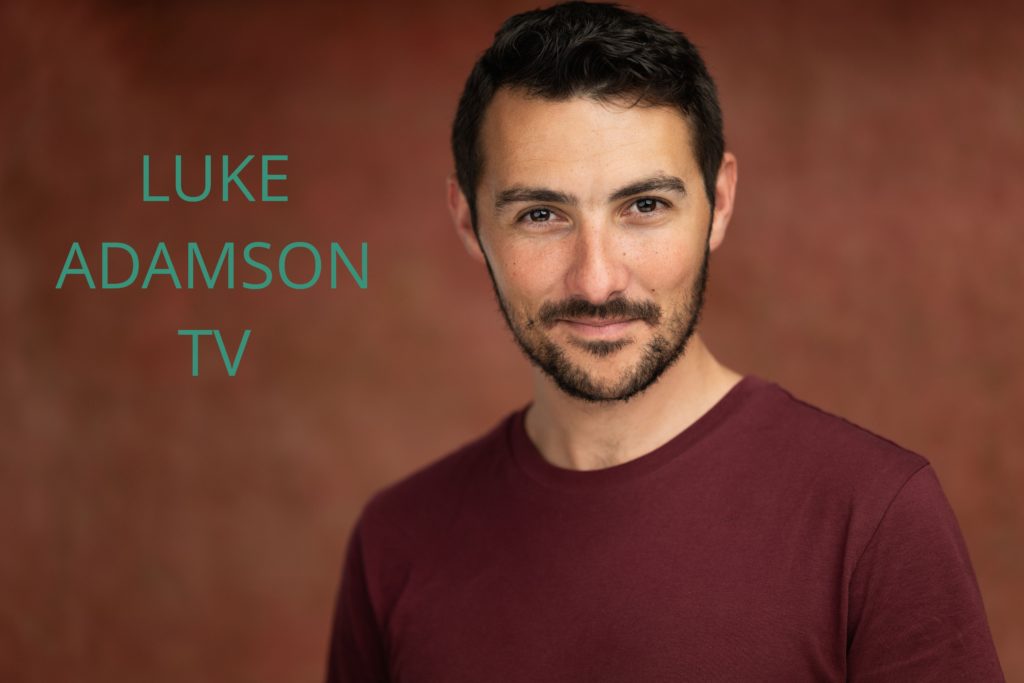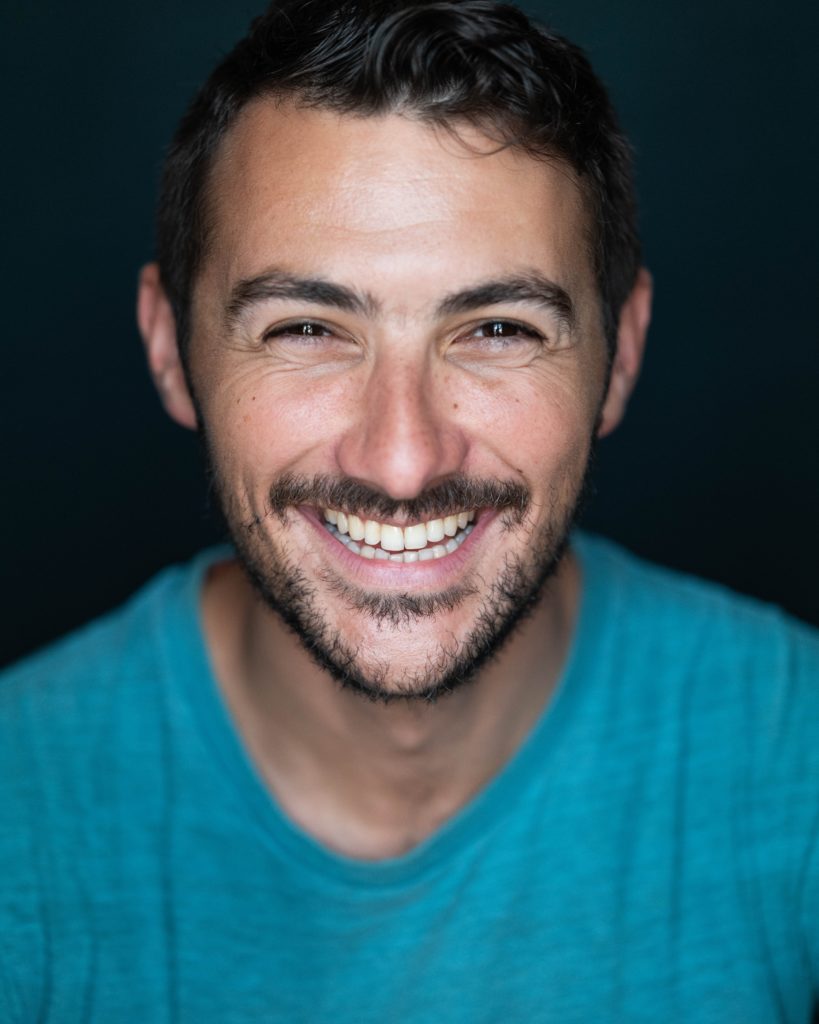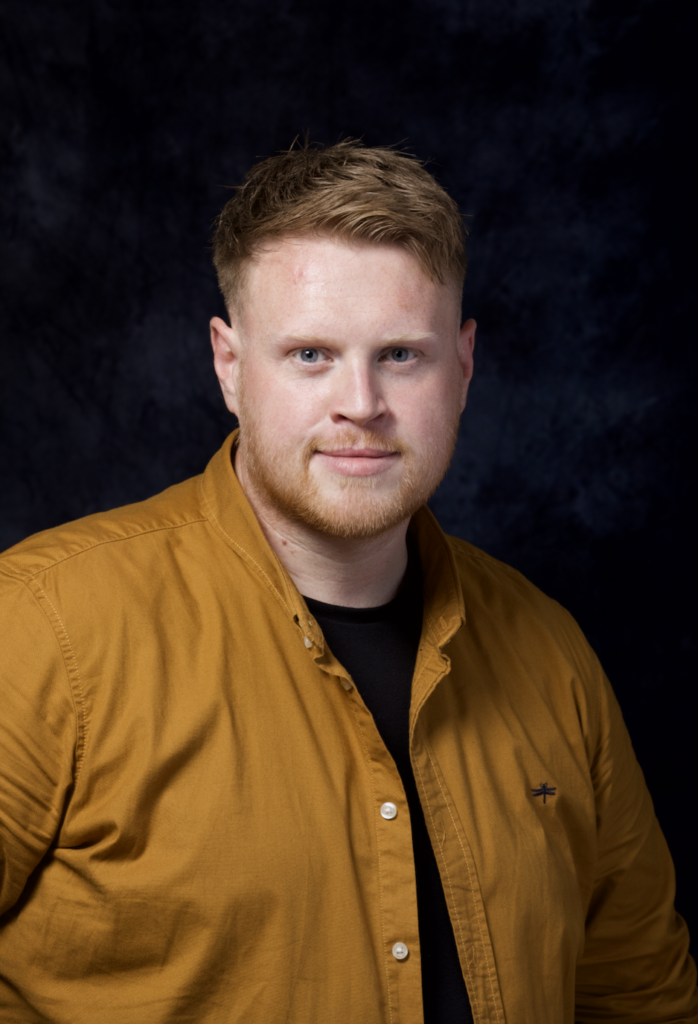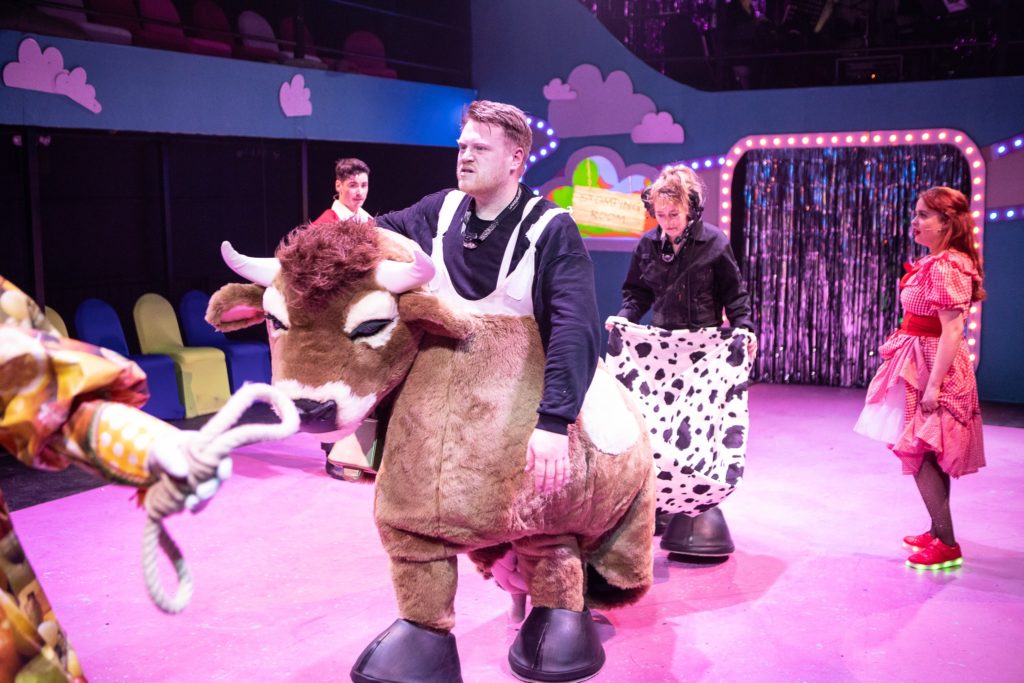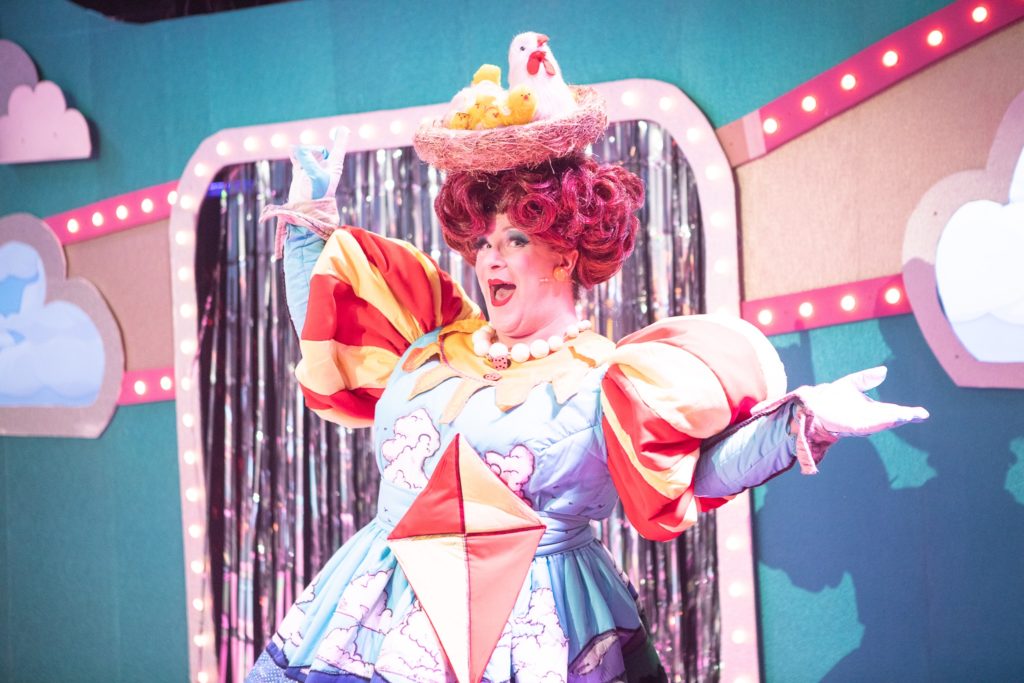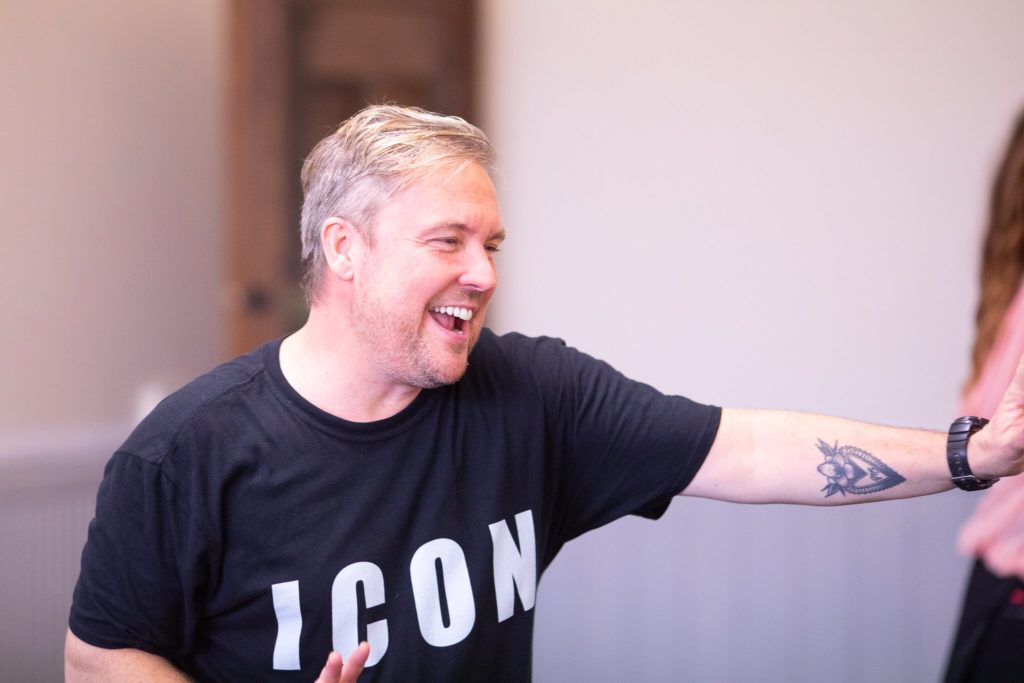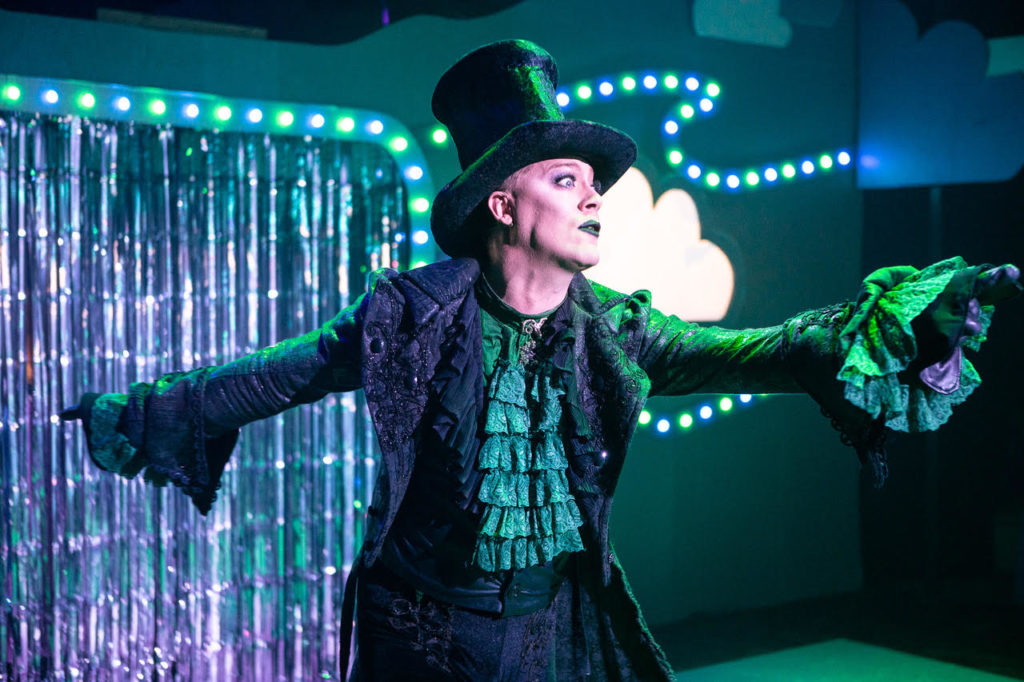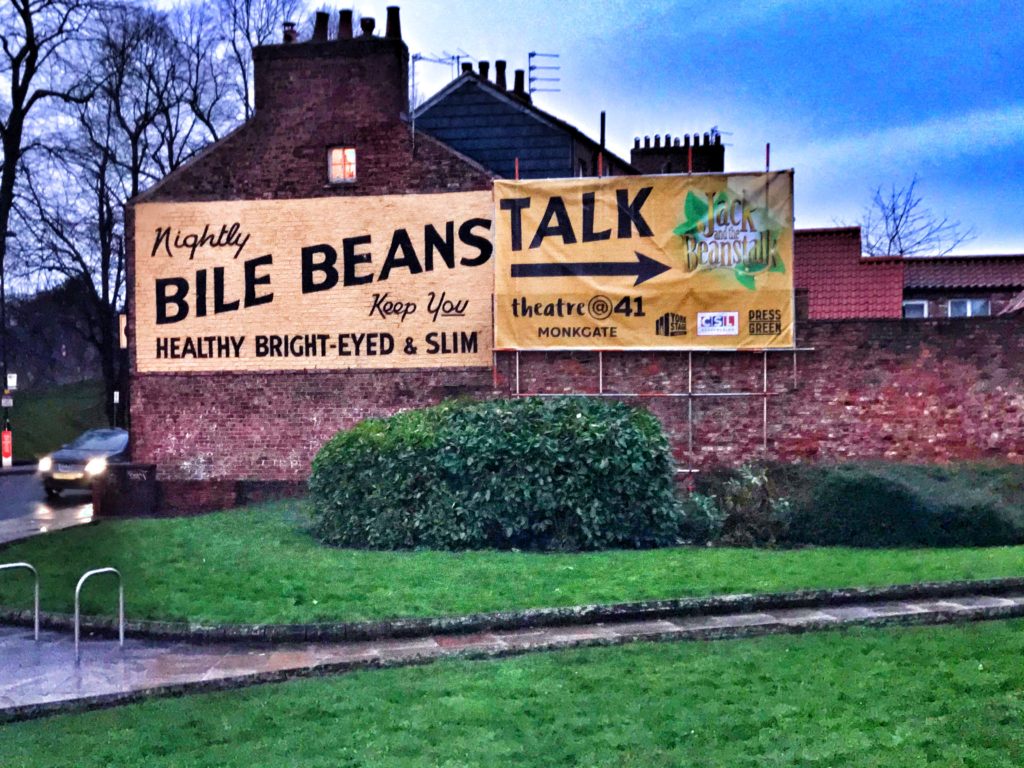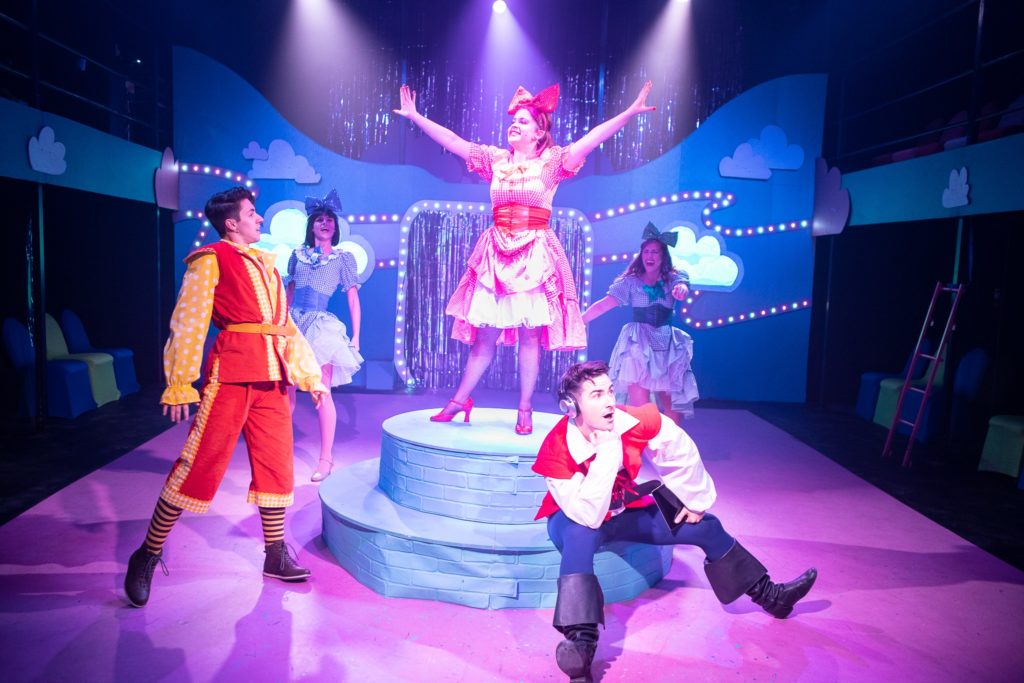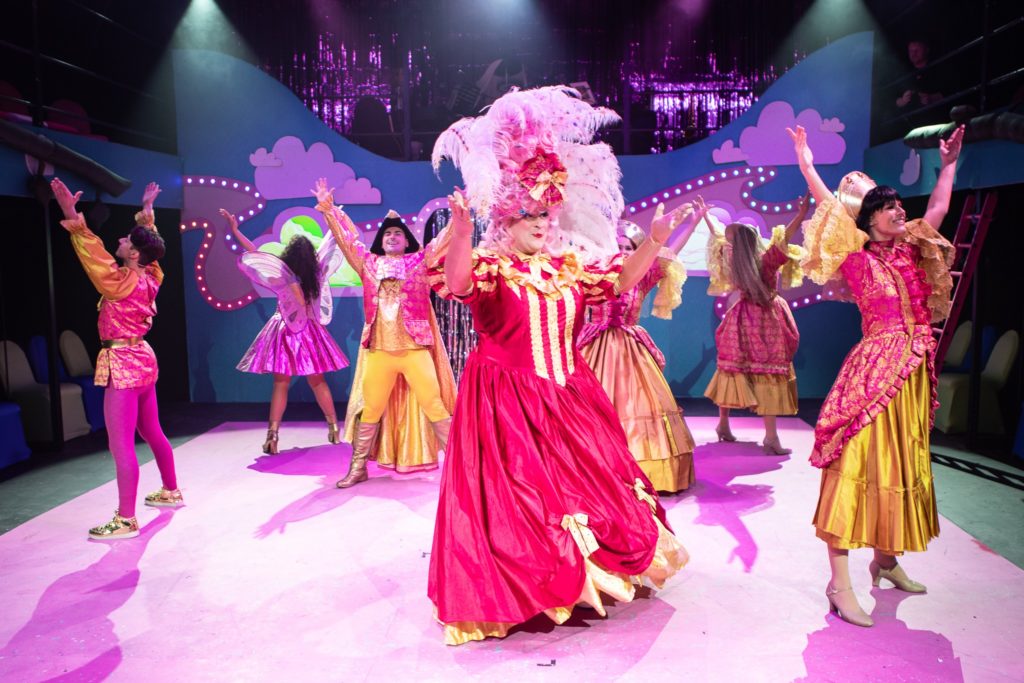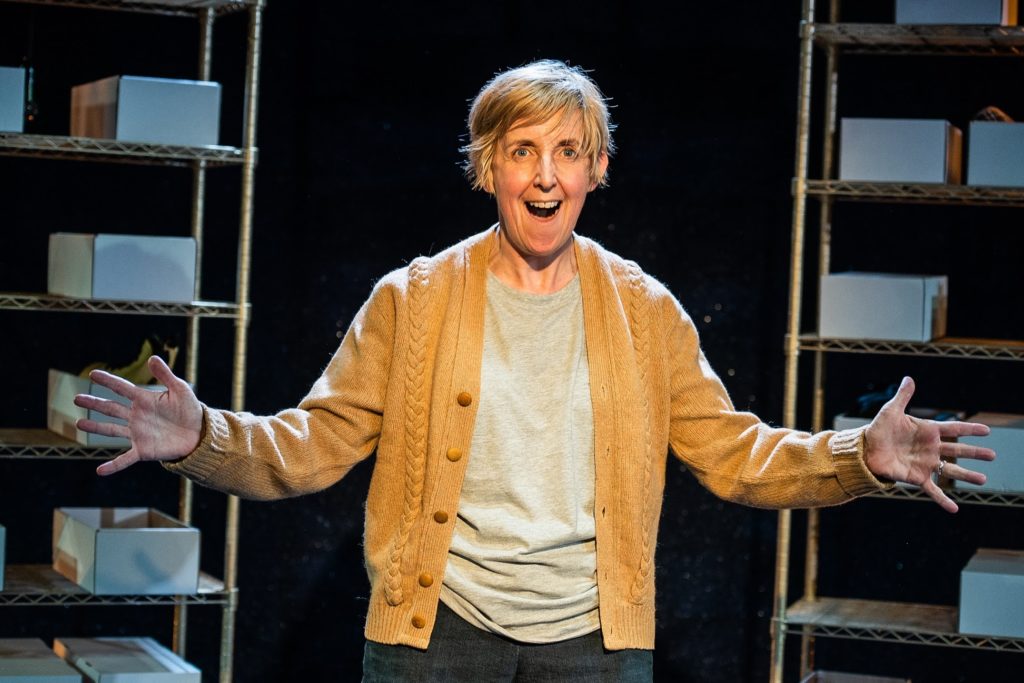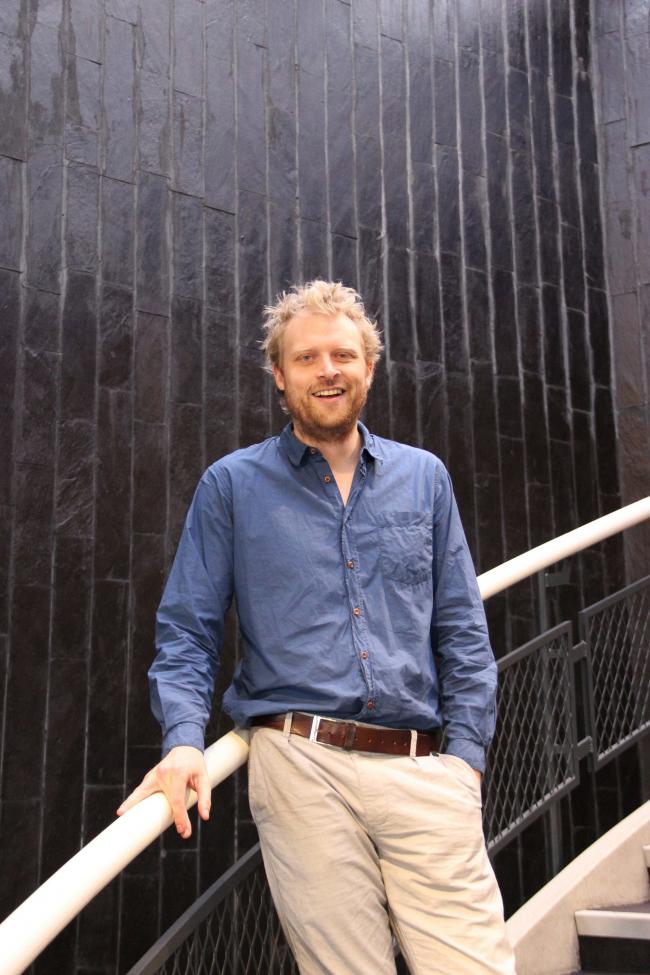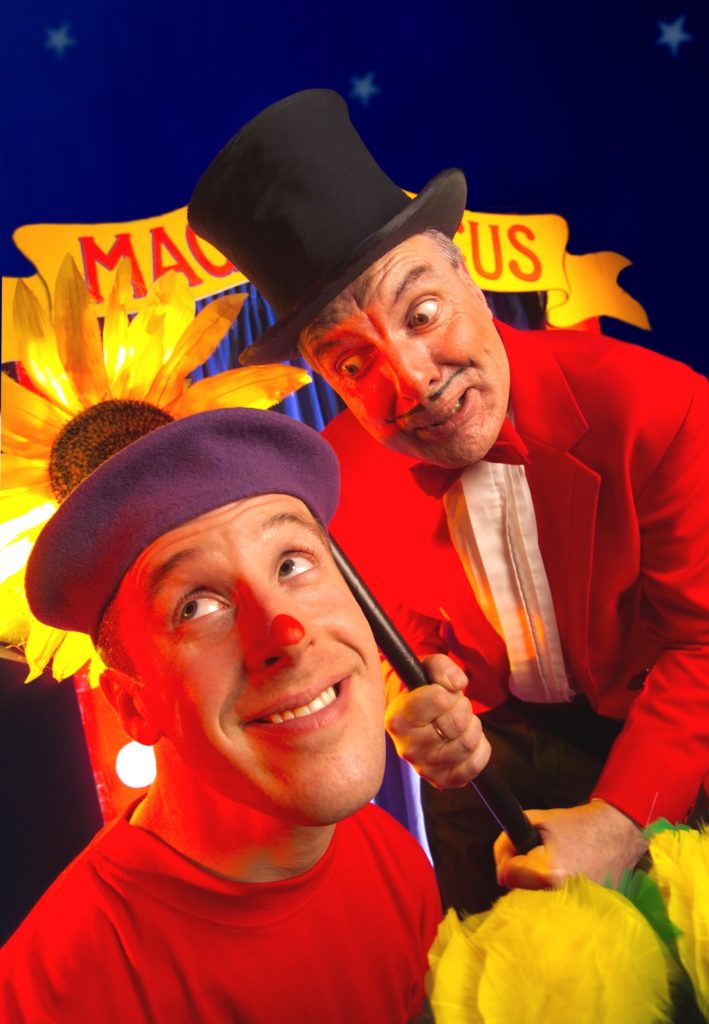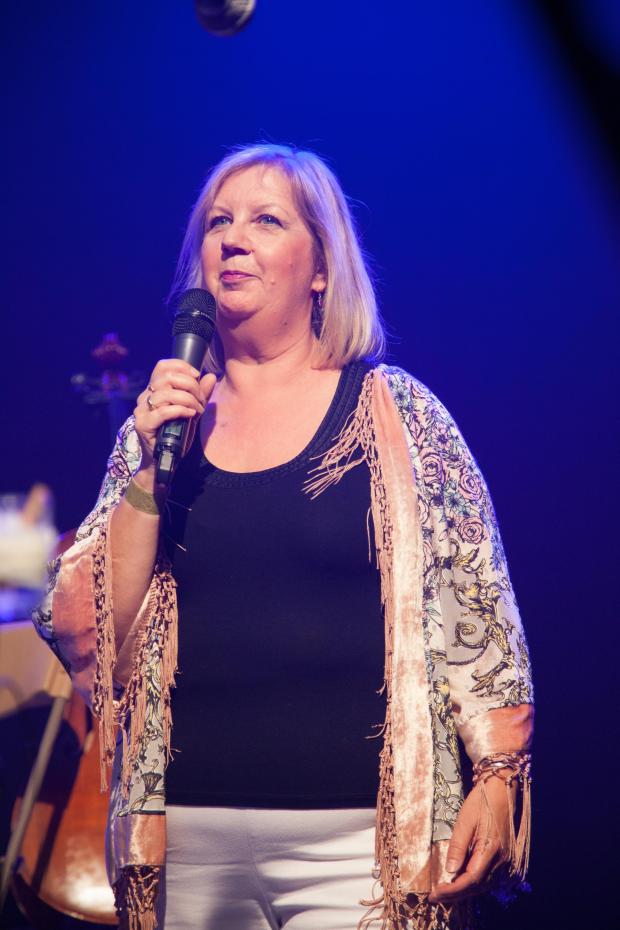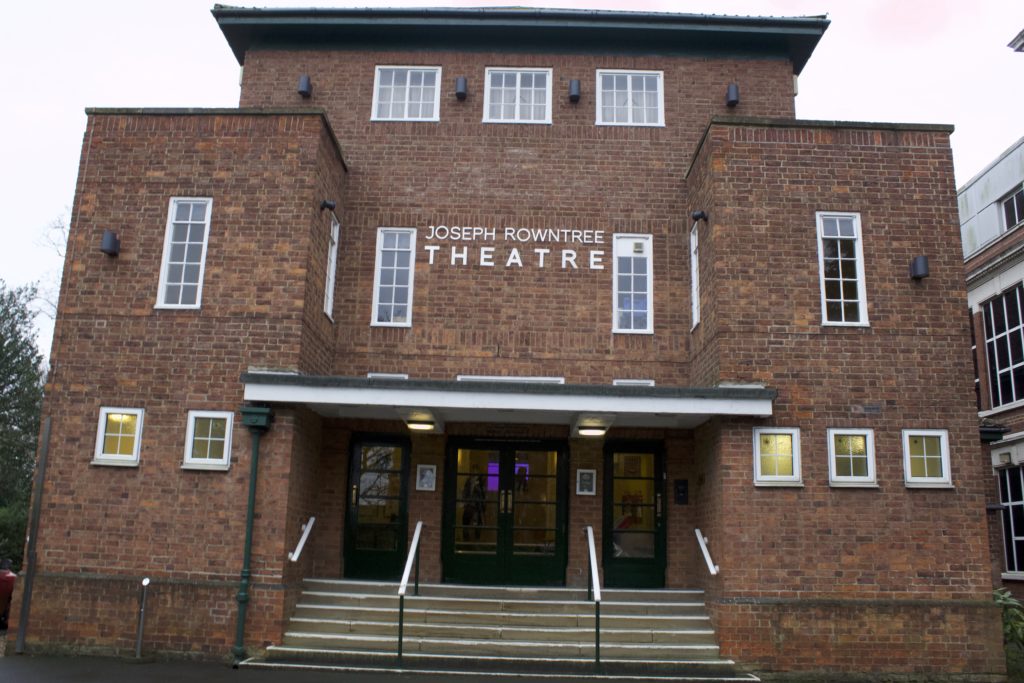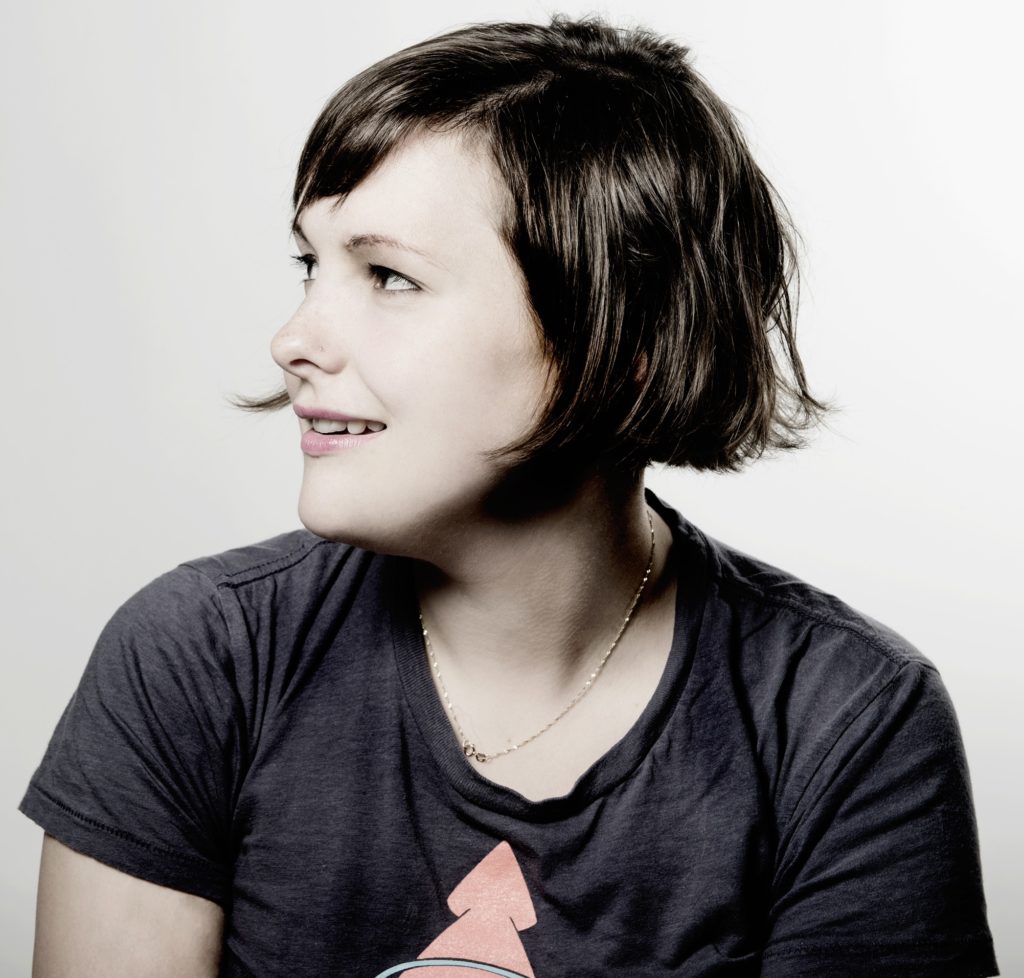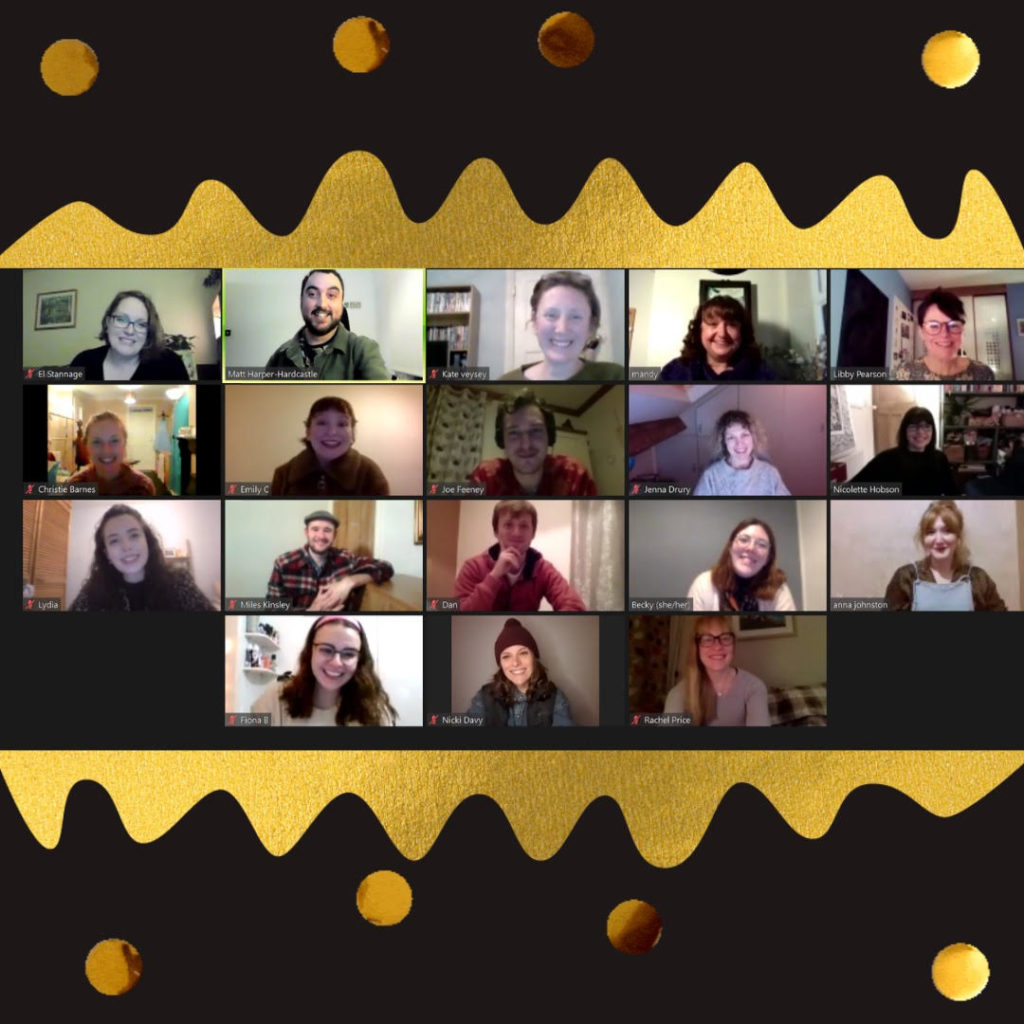
YORK community arts collective Next Door But One are undertaking their most ambitious project, against the tide of the pandemic.
Building Back Creative People And Places is aimed at providing commissions and mentoring to 15 artists who have struggled to engage in their creative practice during the pandemic.
Under the new programme, Yorkshire Trios is connecting five writers, five directors and five actors to create five ten-minute solo performances, planned initially for staging at the Gillygate pub, in Gillygate, on January 15 and 16 until Lockdown 3 was imposed.
“The trios have been formed and are writing and rehearsing on Zoom, but we’ll now be postponing the performances until we can do Covid-safe shows after lockdown,” says Next Door But One (NDB1) artistic director Matt Harper-Hardcastle.
“We did consider moving them online, but there was a real want from the full team to keep something that was live theatre in the calendar.”
Taking part are Mandy Newby, Joe Feeney, Dan Norman, Nicki Davy, Rachel Price, Becky Lennon, Lydia Crosland, Libby Pearson, Emily Chattle, Jenna Drury, Christie Barnes, Fiona Baistow, Anna Johnston, Miles Kinsley and Nicolette Hobson.
“We’ll be offering them professional development and mentoring throughout 2021 to build their skills and retain their much-needed talent within the performing arts industry,” says Matt. “We want to make sure there are no losses to that cultural talent pool, which is so important to York.”

For their first project, themed around Moments Yet To Happen, the trios are bringing together stories of “laughter, strength, dreams and everything in between that 2020 may have been lacking”.
“From the hearts of Yorkshire creatives, told in the heart of the city and into yours, Yorkshire Trios is here to remind you of the talent and stories that our community holds,” says Matt.
“The trios have worked on the new pieces for a week and we had an informal sharing on Zoom on Sunday, which, after the first full week of the new lockdown, was a really celebratory moment. All the trios were really grateful to have had a creative project to work on during this tricky time once again.
“In order to support our 15 new creatives, we have flipped our plan on its head so that we will now be running an intensive period of online professional development workshops, to keep the team connected and creative until restrictions ease, and we can pick the performances back up.
“We thought this was an important move as the fatigue and disappointment that is being felt by those in theatre due to a third lockdown is important to address.”
When the Yorkshire Trios performances can go ahead, they will “showcase writers of different genres, directors with different styles and actors with many different voices, but all with a Yorkshire heart”.
“There are so many reasons why Yorkshire Trios is important to us,” says creative producer El Stannage. “We know first-hand how difficult it has been to maintain a career in the performing arts through lockdown, especially for those who face any other socio-economic barrier.
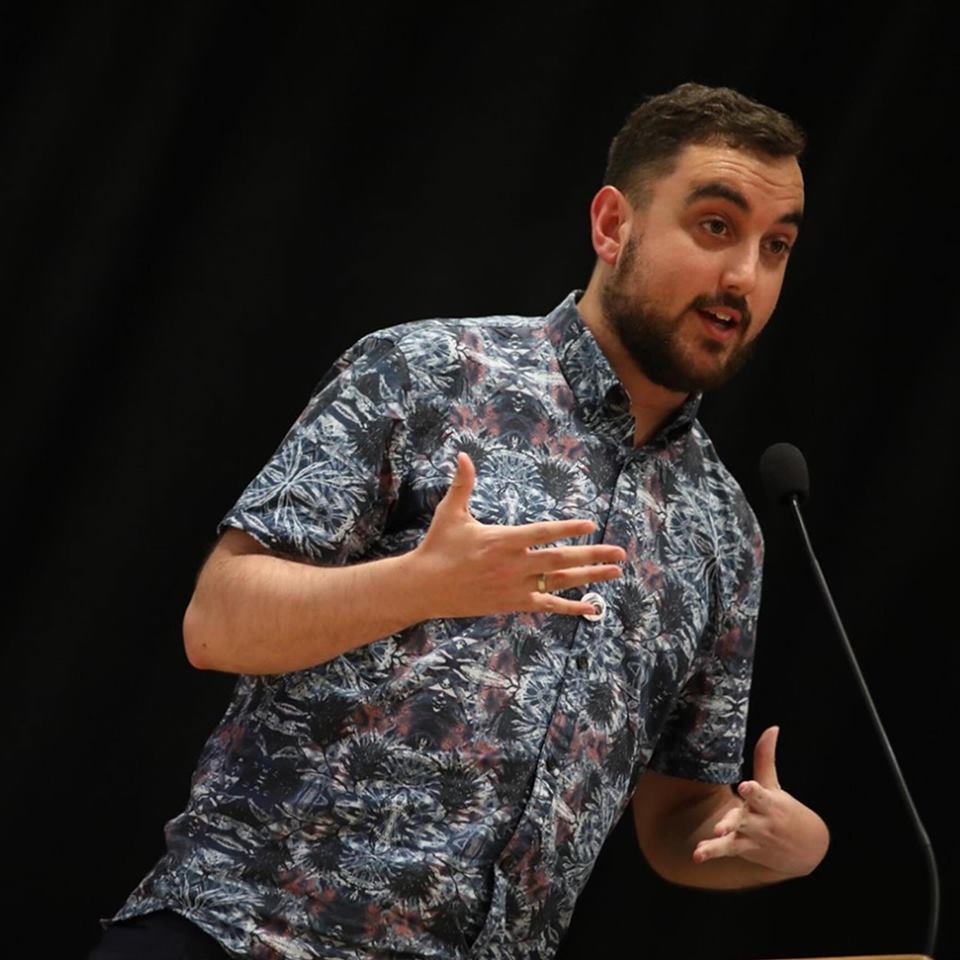
“That’s why we want to provide an opportunity to create theatre, to invest in those careers with NDB1’s mentoring and professional development offers for 2021 and also to promote a sense of belonging, that many freelancers say they lack, by joining our growing ensemble.”
Buoyed by a grant from the York Small Charities Fund, administered by the Two Ridings Community Foundation, the company can cover core costs affected adversely by the pandemic.
“This means we have the vital opportunity to redevelop our strategy in partnership with those we work with and can look at the future sustainability of the company,” says Matt.
“What’s more, a substantial grant awarded by the National Lottery through Arts Council England is enabling us to deliver the new artistic programme of projects that provide opportunities for different communities as well as for local artists.”
Reflecting on Next Door But One’s response to the Coronavirus pandemic’s impact on the arts since last March, Matt says: “When the Covid-19 pandemic hit, like many theatre companies, we adapted our projects and delivery to keep the communities we worked with connected to creativity.
“During lockdown, we were able to secure funding from Arts Council England, the National Lottery Community Fund, Two Ridings Community Foundation and Comic Relief Community Fund to migrate five of our projects and productions online.”
In doing so, Next Door But One could provide paid employment for ten performing arts professionals and engage with 500 audience members and participants digitally.
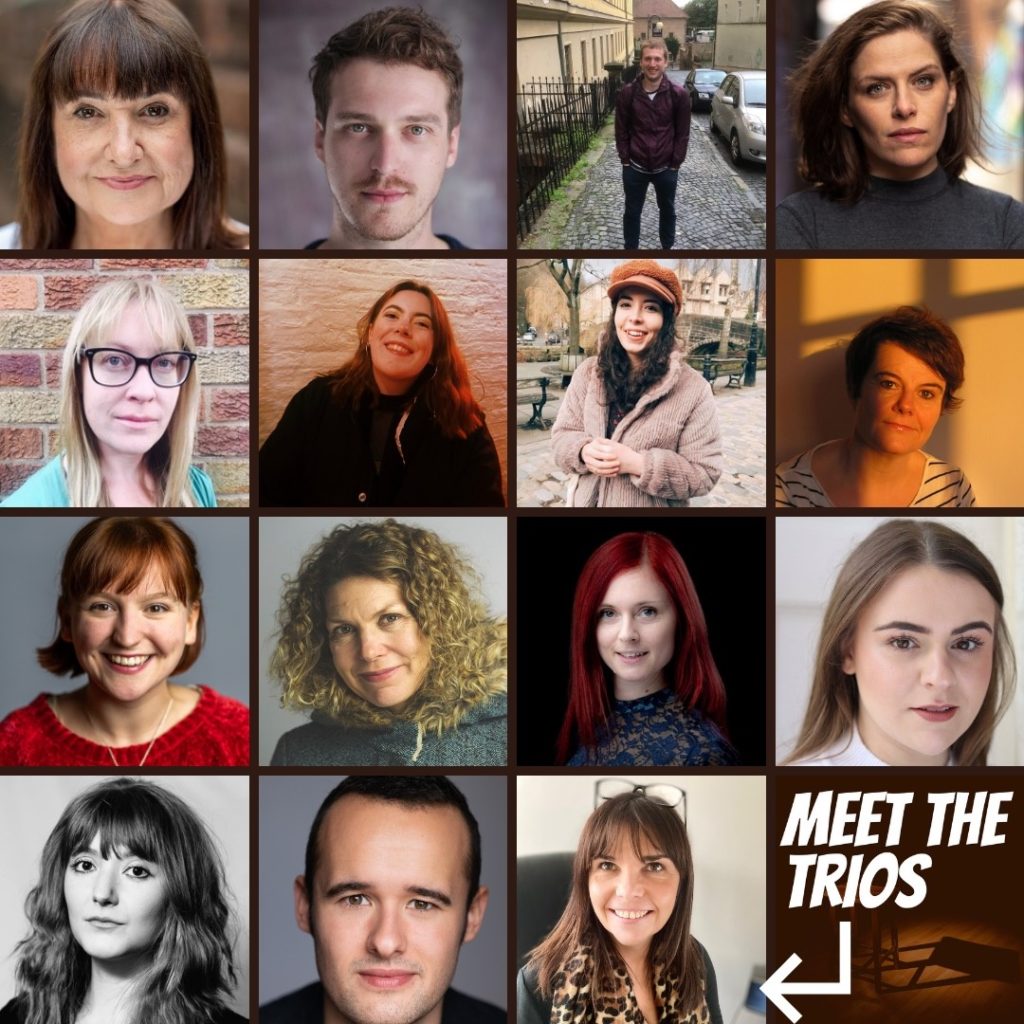
“No matter what current rhetoric exists around the importance of the arts, we know first-hand how vital it is to the identity of many of us, especially within the Covid climate” says Matt.
“Our work since March has kept some of the most vulnerable members of our community connected both to one another and to meaningful activity when isolation and anxiety were on the increase.”
Matt points to Next Door But One helping people to navigate their emotions; giving others something enjoyable to anticipate; providing resources to groups and services who have really felt the struggle, and providing financial support to professionals in one of the hardest hit industries.
“I could not be prouder of what we have achieved as a team,” he says. “A big thank-you also goes to the funders and partners who have believed and invested in us during this difficult time.”
Looking ahead, the rest of Next Door But One’s 2021 programme will be made up of further developments of The Firework-Maker’s Daughter, working with children with learning disabilities in tandem with the Snappy Trust; a Forum Theatre series made with adults with learning disabilities; Playback Theatre training for adults with mental health problems, and a new production of Operation Hummingbird for York’s Dead Good Festival, run in partnership with St Leonard’s Hospice.
“Our ethos is that everything we do is rooted in something that is beyond theatre, where our impact goes beyond putting on a play and walking away,” says Matt. “We go into communities and leave something behind, where they learn new skills or feel connected with something they didn’t know existed before.
“That is the only way small theatre companies can survive, by having connections beyond the theatre world, whether with social care, children’s services, bereavement services or mental health.”
Rather than the philosophy of ‘If we build it, they will come’, Matt says: “It has to be the other way round. If we want to communicate with the community, we have to take theatre to people, rather than waving a flag in the air and saying ‘you must come to us’.
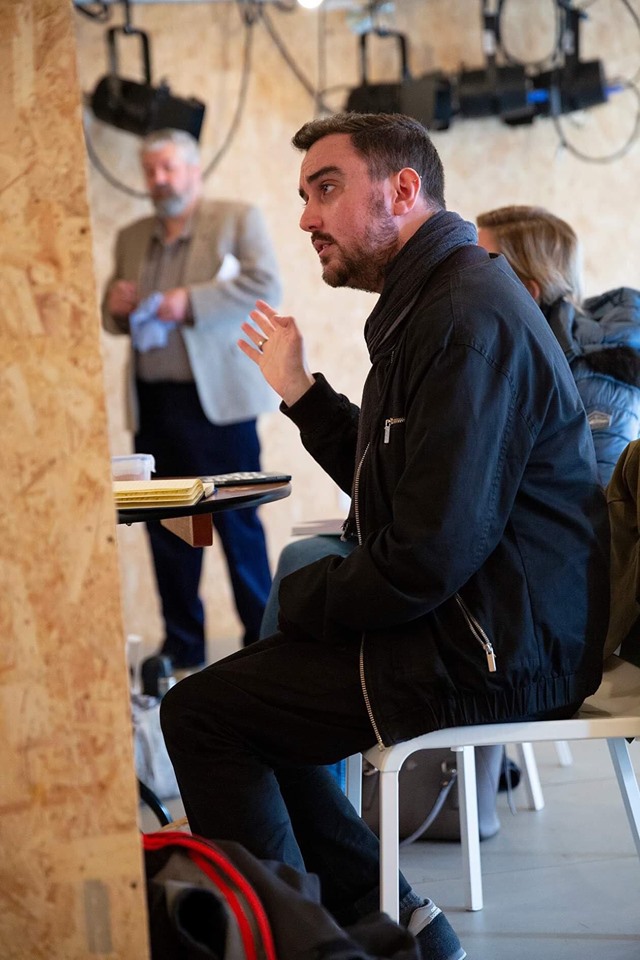
“We’re not tricking people into going to the theatre, but what we do feels natural, like running the workshops for the Camphill Village Trust (a charity that supports adults with learning disabilities, autism and mental health challenges), where we work through situations they may face in their lives.
“That’s always been my passion: not to put on end-on theatre shows but to think, ‘how can we use theatre to find whatever people need to find, whether for entertainment or the expression of their own story’.”
Setting up Next Door But One in 2012 was Matt’s way of making a grassroots connection with the community. “Some people don’t see theatre as a fundamental thing they need, so it’s important to think about how we package what we do, for example working on workshop that demonstrate people’s needs,” he says.
“It’s a case of meeting them where they are and then you can take them on a journey to doing more regular-style theatre workshops.”
Theatre is supportive, suggests Matt. “As a gay, disabled man, I’ve been lucky that I’ve had a very inclusive experience in theatre. If anything can make an environment around which people address their needs, then theatre can create that,” he says. “That’s why a lot of our projects just start with meeting people, rather than taking a project to them.”
Next Door But One do not have a high profile, but Matt can live with that. “The perception of theatre is playing in big buildings, but not many people know about us because our work is not done in a highly visible domain,” he says. “We’ll be in back rooms in halls, or rooms meant for therapy, or portable cabins.
“We’re like the elves in The Elves And The Shoemaker, just getting on with it in small groups, but that’s our passion. It’s not known about because what gets airtime is the big show at the big place, but that’s why we’ve managed to keep working through each lockdown, because our work is rooted in so many communities, so we can hold people together.
“Because we’re community driven, we can do something for them and they can do something for us, whereas the big theatres, without that community benefit, are not seen as important at this time to get us through the global pandemic.
“By contrast, we know what our communities are already facing in this situation, knowing about what vulnerabilities they have that will be exacerbated at this time. We can show we’re a really important part of their life by staying relevant to the people we work with under the Arts Council’s Let’s Create scheme.”
More information on Yorkshire Trios can be found at: https://www.nextdoorbutone.co.uk/Yorkshire-Trios.php

